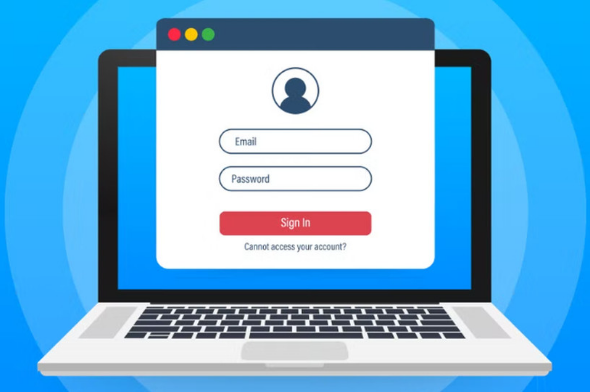Connection to DriversCloud Create a DriversCloud.com account Reset your DriversCloud.com password Account migration
Facebook, Instagram, LinkedIn, Snapchat: social network names widely used as passwords
We can never say it enough, a password should not be a string of characters easily identifiable.
Basically, nothing really surprising, studies have been showing it for years, users have - generally speaking - a little too much tendency to use "easy to remember" passwords to protect their customer accounts, their bank data or even their email box. The problem is that if they are easy to remember, these passwords are also easier to crack, and this is even more true now that hackers have tools that deploy significant computing power or exploit artificial intelligence.
A report published by the analysts of Specops Software, a Swedish company specializing in online security solutions, and quoted by the Clubic website, however, offers a small surprise concerning these passwords. Indeed, beyond the traditional "1234", "password" and other dates of birth, many users use terms that we would not necessarily think of ... but which are not more secure. In fact, the names of various social networks appear many times in databases of compromised passwords.
As an example, analysts noticed 114,000 occurrences of the social network LinkedIn among the 800 million compromised passwords recovered by Specops Software. Of course, the proportion is small, but the figure is nevertheless not insignificant. As Clubic points out, LinkedIn is " on the podium of these applications found in leaked passwords ". In first place, we find the name of QQ, a Chinese platform extremely popular in its country. It is followed by Xing, a kind of German LinkedIn. Other social networks are obviously used as passwords and logically we find the names of Snapchat (or its short form "Snap"), Instagram (or "Insta"), Facebook, YouTube, Skype, Twitter and Weibo.
Noé Mantel, product specialist at Specops Software, is quoted by our colleagues: " Instead of choosing a complex password, many users settle for a simple word, often from pop culture or something they are familiar with. These bad practices put organizations' security at risk. In the same vein, beyond the complexity of passwords, it is important to ensure a certain variety. Clubic points out that 65% of the people consulted admit to using the same password on several accounts. Variety and complexity, two points to keep in mind when creating your password.





